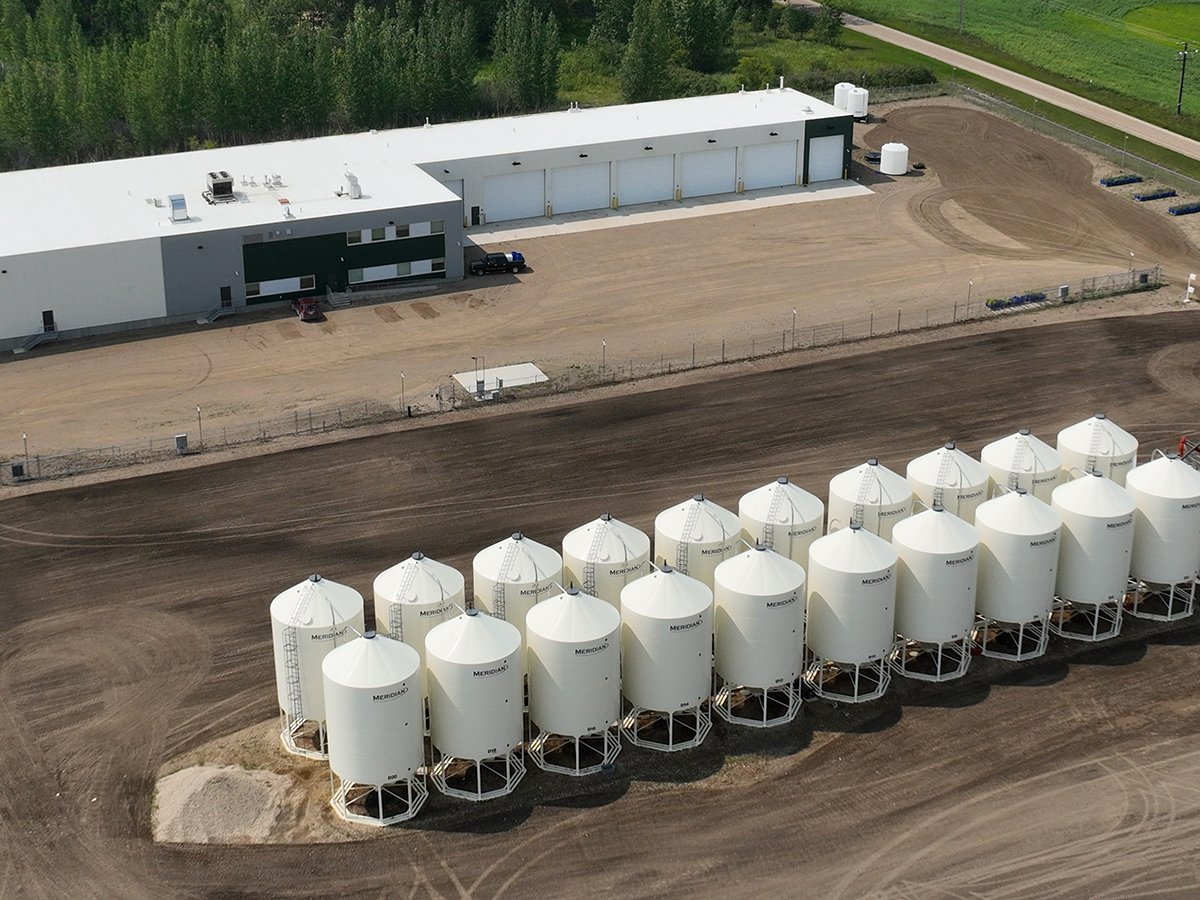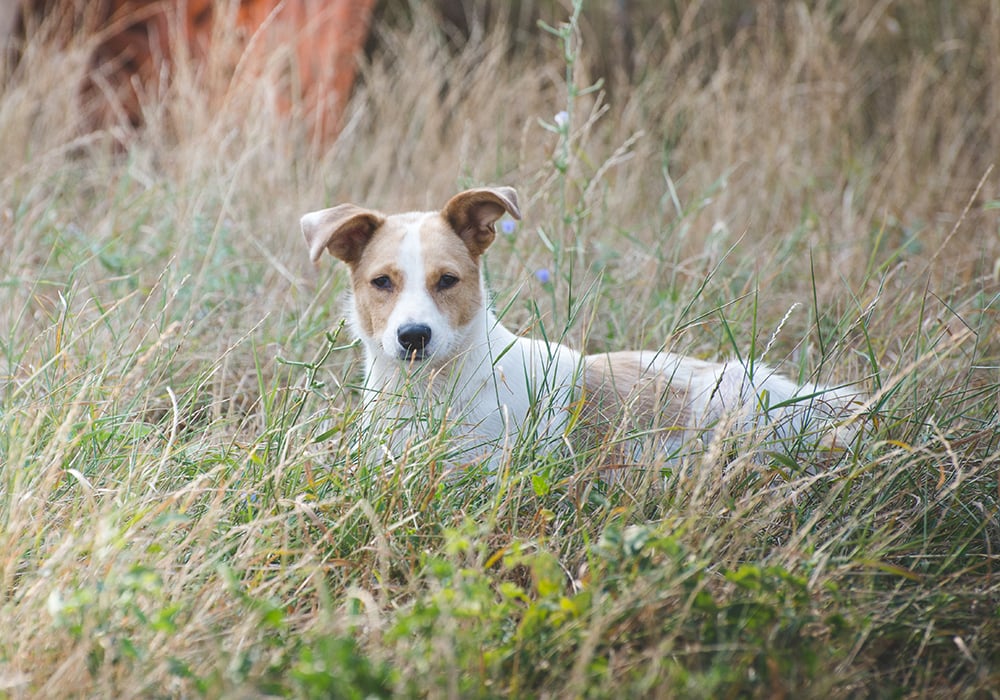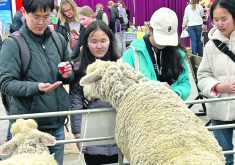The puppy appeared at the farm scared, confused and upset.
The farmer, kind-hearted as most, did what he could to calm down the pup, made sure it was safe, then contacted his neighbours to see if anybody had lost a dog.
As he suspected, nobody in the community appeared to be short a puppy. It was an intact male, with no tattoos, collar or other identification, but seemed to be a domestic animal.
The farmer contacted a Winnipeg kennel and it sent people to pick up the abandoned pup, and it left the farm.
Read Also

Saskatchewan firm aims to fix soil with compost pellets
In his business, Humaterra, Leon Pratchler is helping farmers maximize yields in the weakest areas of their fields through the use of a compost pellet.
This happened halfway through August on one specific farm, but it’s been happening at hundreds of farms across Western Canada as a wave of “pandemic pups” get dumped on rural roads, at farmgates and even outside garbage dumps.
Abandoned dogs are nothing new for farmers. Any farmer living near a city is likely to have ended up with a couple of homeless dogs over the years.
But according to farmers, shelters and animal rescue organizations, there has been an upsurge in abandonments in the past year.
Many attribute this to the pandemic, in which thousands of families responded to being housebound for months by buying bikes, buying Pelotons, ordering meals through Skip-the-Dishes, and adopting any puppy they could find. Many had to wait months to get a puppy or older dog, by which time the pandemic was winding down.
At the same time, some people saw dollar bills flashing in their eyes when they heard about people paying thousands of dollars for puppies, got a hold of unfixed dogs, and bred what they could to jump on the booming market. A lot of those puppies were being born as the pandemic boom ended and demand evaporated.
Some families found they didn’t enjoy having to get the puppy outside often or deal with pee-on-the-carpet-again. Some found that the adorable puppy they bought was becoming a giant attack dog and wasn’t so cute anymore. Others discovered having a dog is like having a toddler and that you can’t just take off for the weekend whenever you want.
Guilt-ridden families have sought family, friends and people on Facebook to adopt their dogs. Many have surrendered their pandemic pups to rescue organizations, shelters and humane societies.
But a minority have done the old “let’s take a car-ride in the country” trick and left their pets scared and vulnerable at farmgates.
I heard about the situation at the start of this column on Twitter, with a farmer I know tweeting: “Don’t buy your kids a puppy and then dump it at my yard when you’re tired of it.”
But it’s hardly the first case I’ve heard about recently.
Many farms have ended up with great farm dogs after allowing abandoned dogs to move into the yard and become part of the farm pack. But most farmers aren’t able to take on the responsibility of yet another dog any more than your average urban family should blithely adopt a pet.
This is something humane societies should tackle. Like our national population, this is mostly an urban problem in terms of the demand for puppies, but the backyard breeders are often in the countryside, and the farmers confronted with abandoned dogs are mostly along rural roads near the city. Humane societies should tackle this as a top priority, alongside controlling dangers from the packs of feral dogs in the north that kill children and even adults most years in our western provinces.
Alas, railing against animal agriculture and livestock production, despite this being overseen by veterinarians and provincial veterinary authorities as well as mandatory codes of practice, often distracts urban humane societies.
It’d be good for the urban organizations to face up to the problems in their own front yards, problems that get dumped on rural doors.
And perhaps farmers and other rural people need to become more involved in humane societies and other animal-focused organizations in cities near them.
When it comes to the reality of pet abandonment, neglect and owner irresponsibility, farmers and their nearby cities are married. They need to get together, rather than act like they’re living in different worlds.
And I hope that rescued puppy is OK. This farmer saved this dog and found it shelter. Some dogs won’t be so lucky. Farmers shouldn’t be so often stuck becoming the saviours of innocent creatures that have been briefly made the members of human families, then treated like unwanted furniture and dumped beside the road.
















